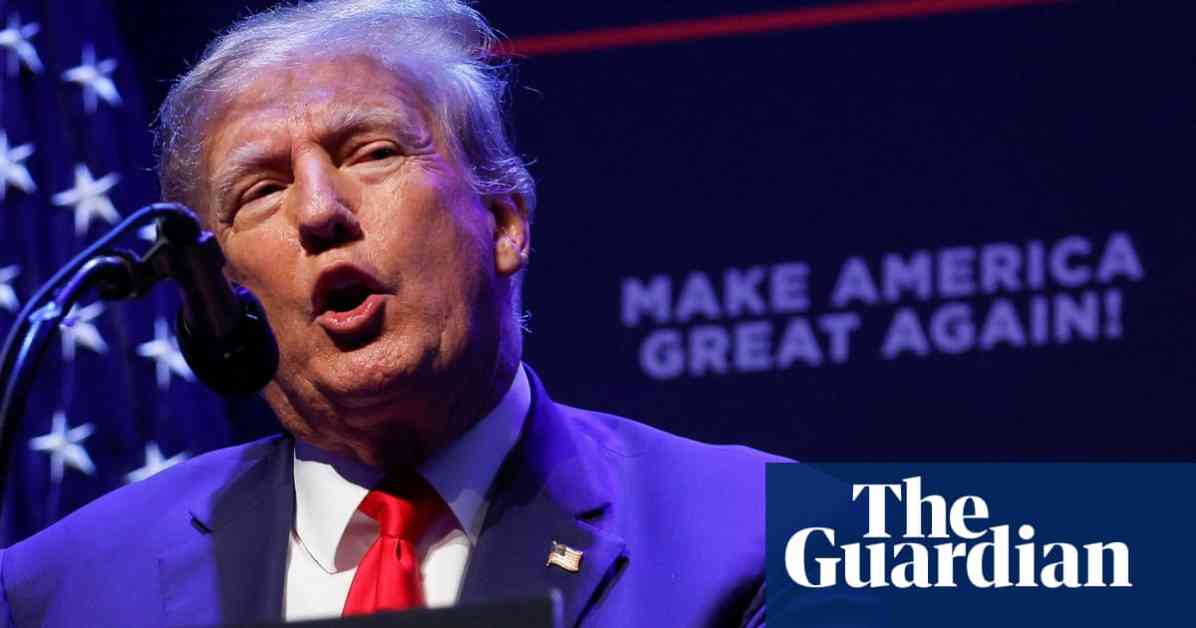Trump’s Plan to Shut Down the Education Department: Feasibility and Ramifications
In a bold move that has sparked controversy across the nation, President Donald Trump has vowed to abolish the US Department of Education, transferring control over education to individual states. However, the logistics of such a monumental shift remain murky, with experts questioning the feasibility of this ambitious plan.
The Current Landscape
The Department of Education, comprising roughly 4,000 employees, plays a crucial role in allocating federal funding to schools, particularly those serving lower-income students and individuals with disabilities. Beyond financial support, the department also sets policy directives and oversees civil rights issues in education, such as Title IX.
Despite its significant influence, much of education in the US is governed locally, with state and local authorities primarily responsible for funding and policy decisions. The proposed elimination of the Department of Education has long been a conservative rallying cry, signaling a desire to reshape public education and shift priorities away from public schools.
The Roadblocks Ahead
While dismantling the Department of Education is a longstanding goal for conservatives, past efforts to eliminate the agency have fallen short. The complex legislative process required to abolish a federal department presents a significant obstacle, with congressional approval necessary to enact such sweeping changes.
Moreover, the potential repercussions of eliminating the Department of Education extend far beyond symbolic gestures. The move could have profound implications for K-12 and higher education nationwide, fundamentally altering the educational landscape in the United States.
Expert Insights and Projections
According to Rick Hess, a leading voice in education policy, the Department of Education serves as a lightning rod for criticism of federal overreach and bureaucratic inefficiency. For Republicans, abolishing the department represents a chance to decentralize power and reduce the influence of special interest groups in education policy.
Kelly Rosinger, an expert in education policy, warns that dismantling the Department of Education could erode public trust in the education system and jeopardize critical programs supporting vulnerable students. The proposed shift towards block grants and increased parental oversight could fundamentally reshape the educational funding landscape, potentially leaving marginalized communities at a disadvantage.
In the face of these challenges, the fate of the Department of Education hangs in the balance, with the political landscape set to determine the future of education policy in the United States. As the debate rages on, the implications of Trump’s ambitious plan reverberate across the nation, sparking discussions on the role of the federal government in shaping the future of education.







